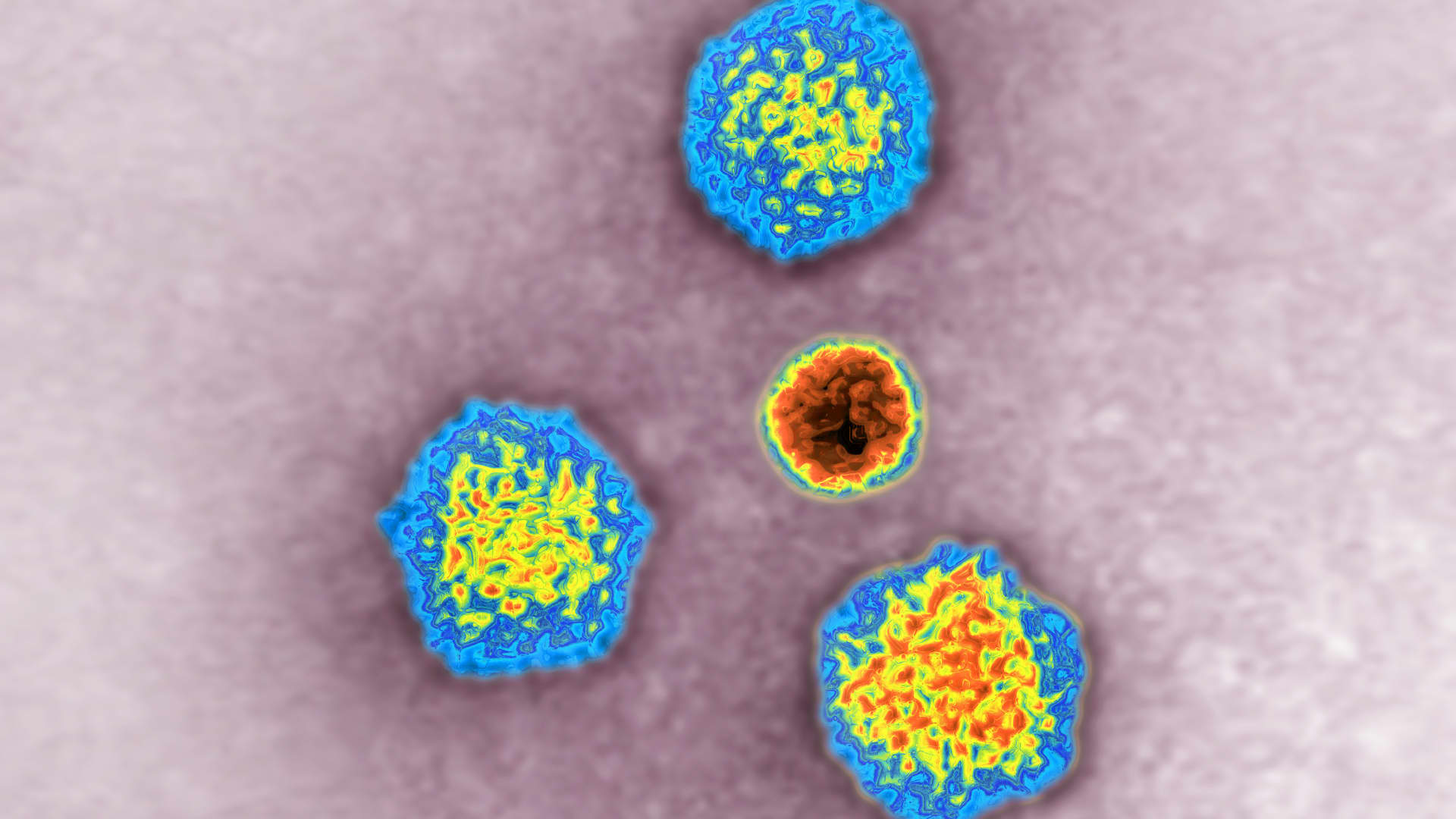An outbreak of severe hepatitis in healthy children that has caused liver failure in some kids might be linked to adenovirus infection, and not hepatitis as originally suspected, though further investigation is needed, World Health Organization officials said on Thursday.
Eleven countries, including the U.S., have reported at least 169 cases of severe acute hepatitis in children ages 1-month to 16-year-olds with the largest outbreak in the U.K, according to the latest WHO report. At least 17 children have required liver transplants and one patient has died.
Hepatitis is an inflammation of the liver most commonly caused by viruses, but medications and toxins can also trigger the condition.
“What is particularly unusual is that the majority of these children were previously healthy,” Dr. Philippa Easterbrook, a WHO official who monitors hepatitis, said during a question-and-answer session livestreamed on the global health agency’s social media Thursday.
At least 74 of the children have tested positive for adenovirus, according to the WHO. Adenoviruses are common and usually cause respiratory illness but can also result in stomach pain, pink eye and bladder infections. The severe hepatitis outbreak in kids has coincided with increased transmission of adenovirus in countries such as the U.K., according to the WHO.
“This doesn’t at this stage prove that there’s a causal link to these cases, but it is a promising interesting early signal that is being looked at in more detail,” Easterbrook said.
Adenovirus has, in rare instances, been associated with hepatitis in children with weak immune systems, according to Dr. Richard Peabody, who leads WHO Europe’s high-threat pathogens team. However, adenovirus is not a known cause of hepatitis in healthy children, according to the WHO.
“This is sort of an unusual phenomena that we’re seeing and that’s why we’re sort of alerting parents and public health authorities about this,” Peabody said.
At least 20 of the children had Covid, with 19 of them testing positive for that virus as well as adenovirus, according WHO data. Peabody said it’s possible Covid is also playing a role in the hepatitis outbreak, though it’s not clear and more investigation is needed.
The U.K. first notified the WHO about an outbreak of severe acute hepatitis in children earlier this month. The most common symptoms have been liver inflammation, stomach pain, diarrhea, vomiting and jaundice, according to the WHO.
The Centers for Disease Control and Prevention last week issued a nationwide health alert after finding nine cases of hepatitis in children ages 1 to 6-years-old in Alabama. All nine children had liver damage with some suffering liver failure, according to the CDC. The CDC also believes adenovirus may be the cause, though the public health agency said investigations are ongoing.
Easterbrook said health officials have largely ruled out the hepatitis A, B, C, D and E viruses as a possible cause. Hepatitis viruses have not been detected in any of the reported cases, according to the WHO. Other viruses such as CMV and Epstein Barr also don’t appear to account for the outbreak, Easterbrook said. Parents of the children so far have not reported a common exposure to a drug, toxin, food or travel destination, she said.
The WHO has also largely ruled out Covid-19 vaccination as a possible cause because a majority of the children did not receive the shots, Easterbrook said.
